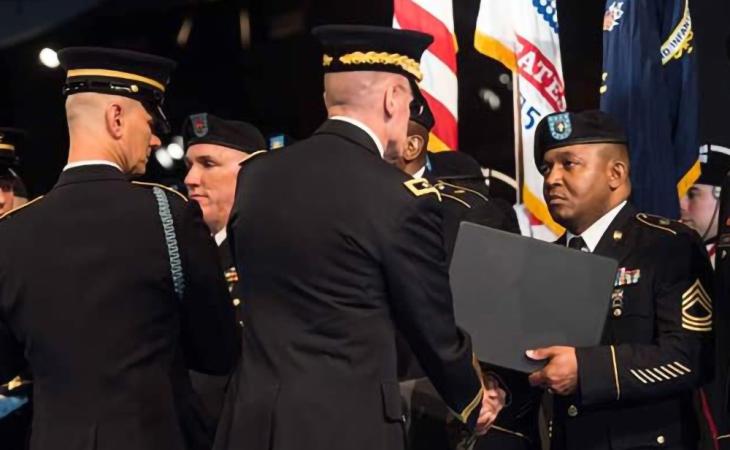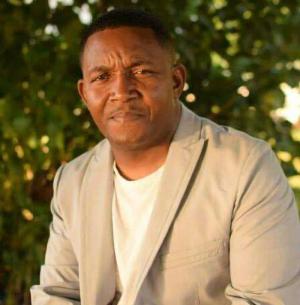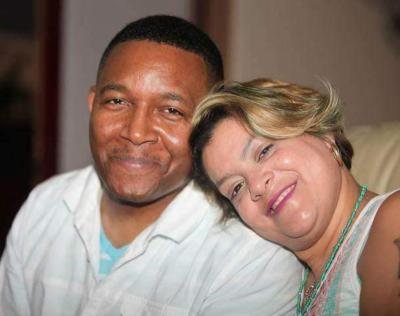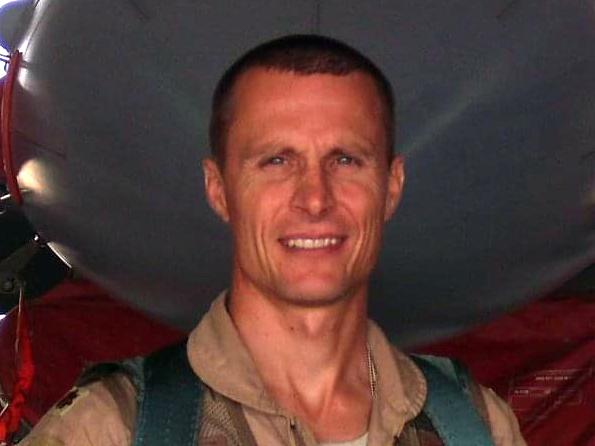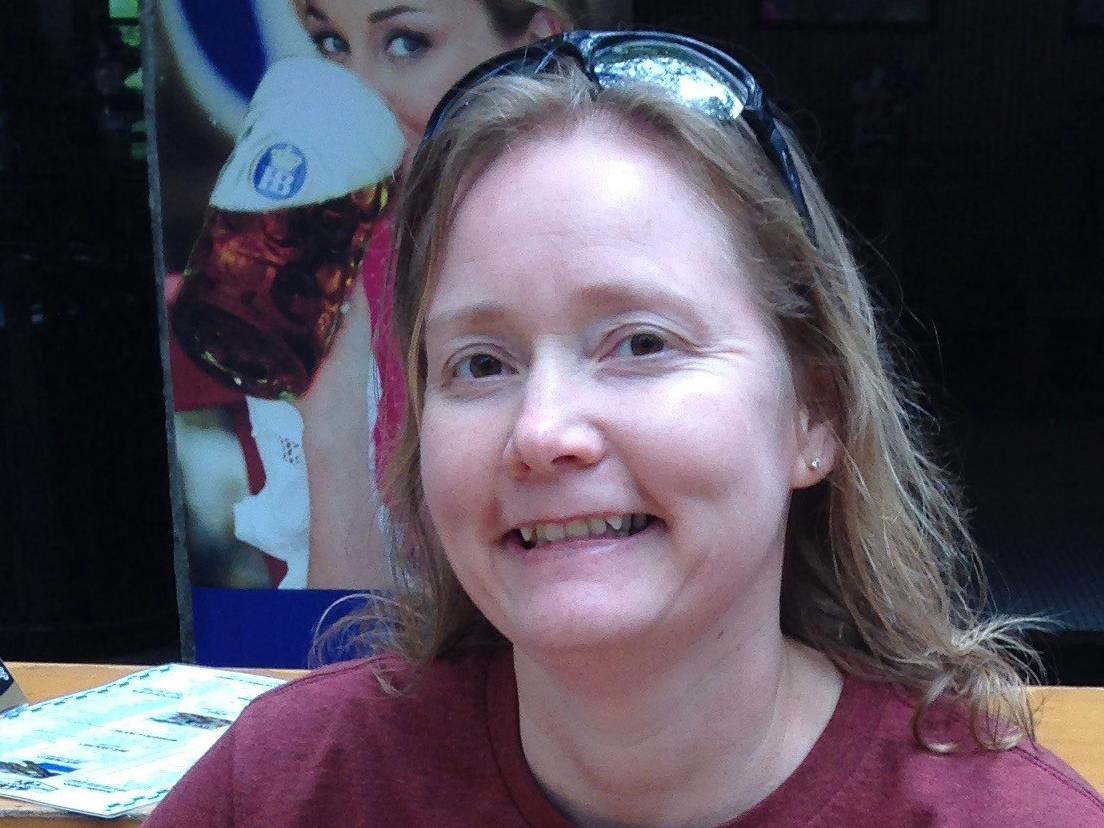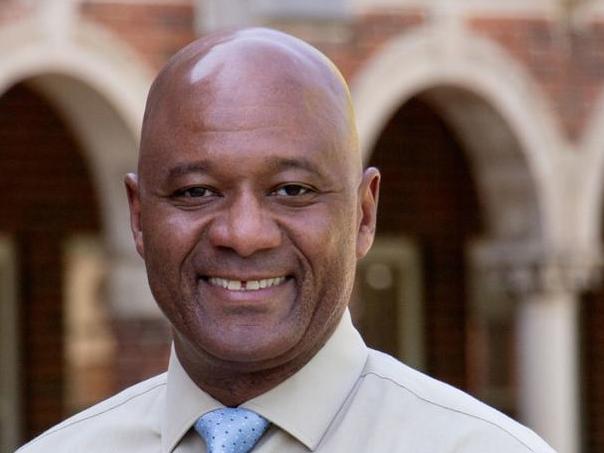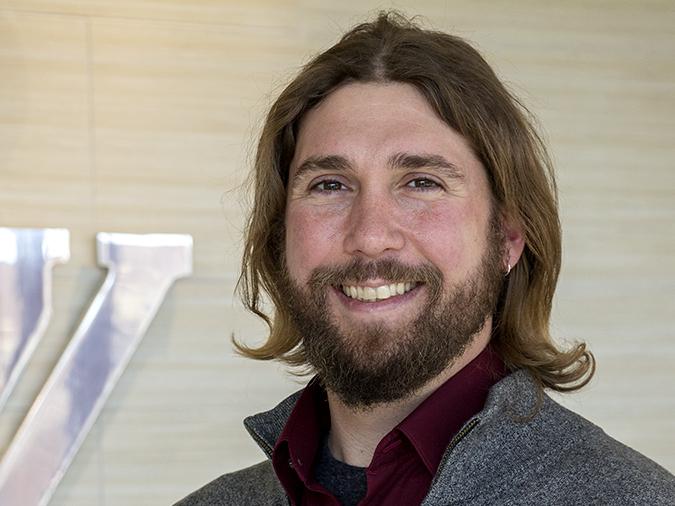While serving in the Army for 24 years, Jervie Windom moved 14 times as his duties and duty stations changed. By the time he retired from the Army as a master sergeant in 2018, Windom had served on bases in locales including South Carolina, Virginia, New Jersey, Pennsylvania, Hawaii, and South Korea. Being stationed at Fort McCoy, though, was special for one big reason: It brought him to Viterbo.
Windom had been studying at a theological seminary while stationed in Pennsylvania before relocating to Fort McCoy, and he wanted to keep learning and developing his spiritual side. When he first came to Fort McCoy, he was going through a tough time, searching for some direction. He came across a collection of pamphlets on the base for educational options, including one for Viterbo’s servant leadership graduate program that piqued his interest.
If Windom had any doubts about studying servant leadership at Viterbo, they were erased after talking with Tom Thibodeau, distinguished professor of student leadership and founder of the program. “That was it for me. That sealed the deal,” said Windom, who had previously earned a bachelor’s degree in business at Southern Wesleyan University and a professional human resources certification at Villanova University.
“It was amazing. It was life giving, going to Viterbo,” Windom said. “The servant leadership program connected so many spaces in my life. And Viterbo had people who didn’t just teach it, they modeled it.”
For Windom, his servant leadership studies helped bring things into clear focus for him.
“I feel like I had the correct lenses, but through life the lenses get dirty and you need people to help you, to say, ‘There are spots on your glasses, let me help you with that,’” said Windom, who is a pastor at Resonate Church, a Houston-area congregation that he “planted” after retiring from the Army.
Windom certainly had a strong orientation to serving others, going back to his childhood. Born in Brooklyn, he split time between New York with his single mother, Diane, and South Carolina with his maternal grandmother, Edith. Through their example and the lessons they taught him inspired and challenged him.
He shared a story about his mother asking him to take leftovers from their Thanksgiving dinner down to the destitute drinkers who hung out down the street outside a liquor store. Some might call them bums, but Windom said his mother would have none of that, insisting that all people deserve love and respect and help when they need it. “My mother honored their humanity,” Windom said.
“I didn’t want to go. It wasn’t cool to walk through the projects carrying a Thanksgiving dinner, but I knew if I didn’t do it, I’d be in trouble,” he said.
The next year, he had just cashed his paycheck from a summer job, and he got cornered in an alley near that liquor store. “This guy was going to rob me,” he said. The guy didn’t rob him though, because when the people he had helped the previous Thanksgiving saw what was going on, they began shouting. They weren’t about to let something bad happen to the Windom boy.
“That changed my life. Now I understood why my mom could walk through the projects anytime day or night and nobody would bother me,” Windom said. “Relationships mattered so much to my mom, and every person had value. This wasn’t her church, this was just her.”
His mother and grandmother’s example taught Windom that offering comfort, help, and hope to people was the mission. After his first eight years in the Army, Windom left, feeling the call to plant a church. By this time, he had three young children and multiple jobs that had him on the brink, working all the time. One evening coming home from work, he pulled his driveway, exhausted, and fell asleep right there at the wheel. Only it wasn’t his driveway, he discovered when the man who lived there tapped on his car window.
Windom was feeling lost, and his mother urged him to go back to the Army, arguing that if he really was being called to plant a church, he could do it just as well in the Army and still have time for family. “My mom had given me so much solid advice, so I did it,” he said. When he joined the Army again, he was promptly promoted, with a promotion ceremony planned for December. His mother didn’t get to see it, though. Her funeral ceremony was in November.
While in the Army, Windom planted three churches, including one in South Korea, but he was doing God’s work in the Army as well. His philosophy is “the church” should be within everybody, not just within walls, and that his mission was to offer help and hope when it’s needed most. And it was needed badly in the Army, he said.
“In the military, my real job beyond my job was to bring that mission into the workplace and into very tough situations,” Windom said. “It’s a very, very difficult way of life. They need kindness. They need forgiveness. They need hope. Some of us need to be on mission in the military so we can be there for others, to let them know there’s hope, that you’re going to keep showing up in times of need.”
At Resonate Church, Windom and his wife, Nilda, emphasize the importance of service, bringing comfort to those in need. That’s what being a pastor is all about, Windom said, not just preaching.
“The last thing I want to do is pastor a church where all we do is worship, where my work is all about giving cool sermons,” he said. “That’s not really my thing and not what I see church as.”
Windom’s approach to his church and ministry is very much influenced by what he learned at Viterbo about servant leadership.
“Viterbo is such a small school, but it’s so full of hope,” Windom said. “I believe it’s a real beacon.”

